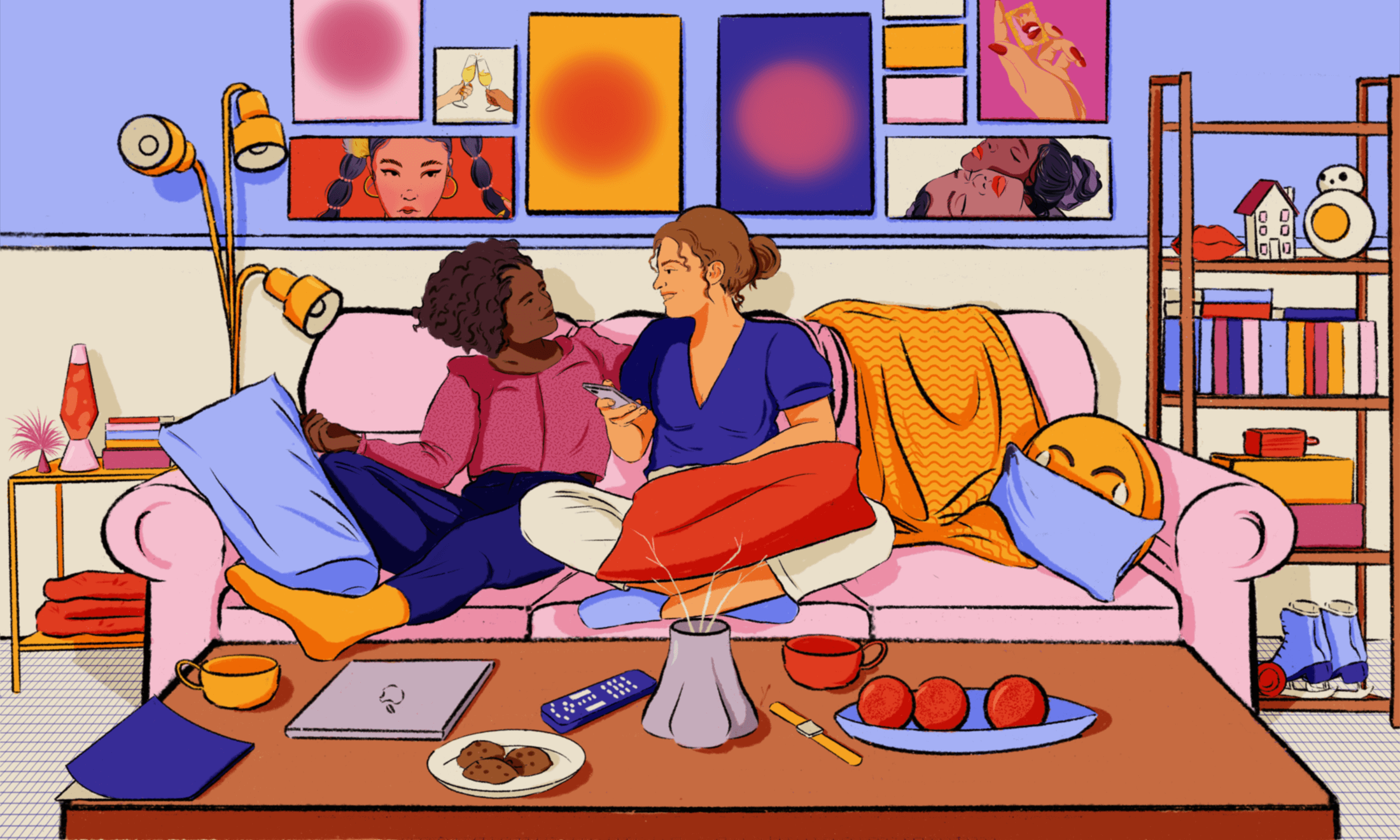
Can you really be friends with a Tory?
The internet was furious after Malala Yousafzai revealed she was friends with a Tory, but we need to understand the nuance.
DiyoraShadijanova and Editors
22 Oct 2020
When news of Malala being friends with a Tory broke people’s brains last week, thousands of tweets denounced her as a “centrist”, an insult equivalent to being called a wet wipe with zero values (see: Nick Clegg , Change UK or anyone else who’s ever tried to sit in the middle). Some even went as far as branding her as a Tory too, on the basis that she supported her friend’s presidential election campaign within Oxford University’s Conservative Association.
Many now visualised Malala, the Nobel Peace Prize winning activist who got shot in the head by the Taliban for wanting an education for young women, suddenly intermingling with the likes of Boris Johnson and Priti Patel and joining their party’s nefarious efforts to make this country as inhumane and insufferable as possible.
Despite Malala saying her public support was not a reflection of her own politics, but rather an endorsement of how talented her friend is, she has now been tarred with the Tory brush. “Yeah I never rated her”, read one tweet. Another bitterly tagged the official Home Office account, writing “Deport the sweaty beg.” Some even vowed to never read her work in the future, with one person stating, “I was struggling to finish Malala’s book but finding out she is no longer a socialist but a Tory is incentive to never read a single word again.”
With the feminist campaigner now being deemed “ideologically impure”, the awkward question comes up once more – can you really be friends with someone you disagree with politically? And if so, what does that say about you?
Look. You can be friends with whoever you want to be friends with, but you can’t expect people to not start asking questions if you’re nurturing a relationship with someone who supports a party that will openly let children starve.
Whether you can be friends with a Tory is largely dependent on your levels of privilege, how many awful narratives you’ve internalised and your world view. The Tories are terrible and their policies kill, I’m sure you don’t need a reminder of every awful thing they’ve said or done. So if you’re friends with someone who votes for the party, is an active member, or in Malala’s case, running to be the president of the Tory society at uni, people will understandably be distrustful.
“Maintaining a relationship with someone whose values directly oppose yours on pretty much everything should also ring some internal alarm bells – what keeps you bound together?”
Maintaining a relationship with someone whose values directly oppose yours on pretty much everything should also ring some internal alarm bells – what keeps you bound together? For me, previous friendships with right-wingers at school and uni were possible due to my various privileges to exist within those spaces, as well as internalised toxic British narratives on racism, xenophobia and class. As soon as I started unlearning them, I didn’t want to be around the people who still gripped on to those beliefs.
But for many, these layers of privileges don’t exist and never have. Sometimes you can’t just “hear each other out”. Whether that’s due to the way you’re racialised, your gender and/or sexual identity, class or birthplace – marginalised people’s lived experiences are not up for debate in the right-wing “marketplace” of ideas. Some of our lives are being directly influenced by Tory policy, so no, we can’t just “agree to disagree” and pretend like personal politics don’t matter. So when people seem dogmatic on Twitter, or look like they’re “cancelling” Malala for being friends with a Tory, a lot of it stems from justifiable anger at the state of the country and the utter clowns running it. For them it’s disappointing that a young feminist figure would want to align herself with the party in any way.
“My argument isn’t that the Conservative Party isn’t bad, because it is – it’s more that humans are capable of change, maturity and evolution”
However, that’s not to say that everyone thinks or rationalises their life choices in the same way you do. Believing so can lead us down a dark and narrow path. Tories had 44% of the vote share in the last general election, but do we really believe that nearly 14 million British people are inherently bad? There are different types of people who vote Tory. There are those who copy their parents and never question their life choices. There are those who put a cross on the ballot depending on who looks more “statesmanly” on the day. There are those who genuinely want progress but buy into the propaganda. And there are those who believe in societal development through unregulated free markets (I know, I know). What I’m trying to say is that there can be nuance within these discussions.
No one is a fully formed person. My argument isn’t that the Conservative Party isn’t bad, because it is – it’s more that humans are capable of change, maturity and evolution. Sorting people into two piles as an act of political tribalism is a road down a slippery slope which doesn’t exactly scream progress. Also, let’s not forget that there are awful people who want to maintain institutional oppression across all parties.
Over the years I’ve lost and gained many friends. I’m friends with people who are ashamed to admit they once voted Conservative, often citing our relationship and endless conversations as the catalyst in their journey of questioning their beliefs. Though not as close as before, I’m also still friends with a handful of Tories. Clearly, we’re not friends over our shared politics, but when it really comes down to it, deleting old friendships over something so nuanced is not where I want to be in my life.
“Engaging with people who vote for a party that actively oppresses people requires a lot of emotional labour, which should never fall on marginalised communities and that’s not what I’m advocating”
We wouldn’t immediately expel family members over political disagreements, because most of the time we hope we can find common ground. I see old friends who probably vote Tory (I don’t know, I’ve never been to the polling booth with them) in the same way. We still share common progressive views, but somehow their means of getting there are completely different to mine. It also doesn’t mean I don’t hold them accountable when I want to. Maybe I’m being naive, but I don’t believe society needs even more polarisation and disconnection from each other in this cruel, individualistic world. I also am aware that if our beliefs do grow too far apart, I have the choice to let these friendships go. Ultimately, I take ownership of my friendships and I will back myself every single time. Maybe Malala feels the same.
Saying that, engaging with people who vote for a party that actively oppresses people requires a lot of emotional labour, which should never fall on marginalised communities and that’s not what I’m advocating. If like me, you do have the privilege and energy to hold people accountable through genuine love and care and want to do so, you should. If you don’t and choose to bin them off all together, that’s also fine and completely your choice! Everyone has the right to define their own friendship boundaries.
Being friends with a Tory when you’re left-wing doesn’t make you a secret Tory, it just comes across as inconsistent. If anything, it’s more indicative of the fact you need to question some of your own core beliefs or more positively, that the other person may share more of your progressive values than you think. Figure out what these things are, challenge them and hold your friends accountable – but only if you want to. If you’re happy with the people you hold in your company, you won’t find it offensive when people come for you.









